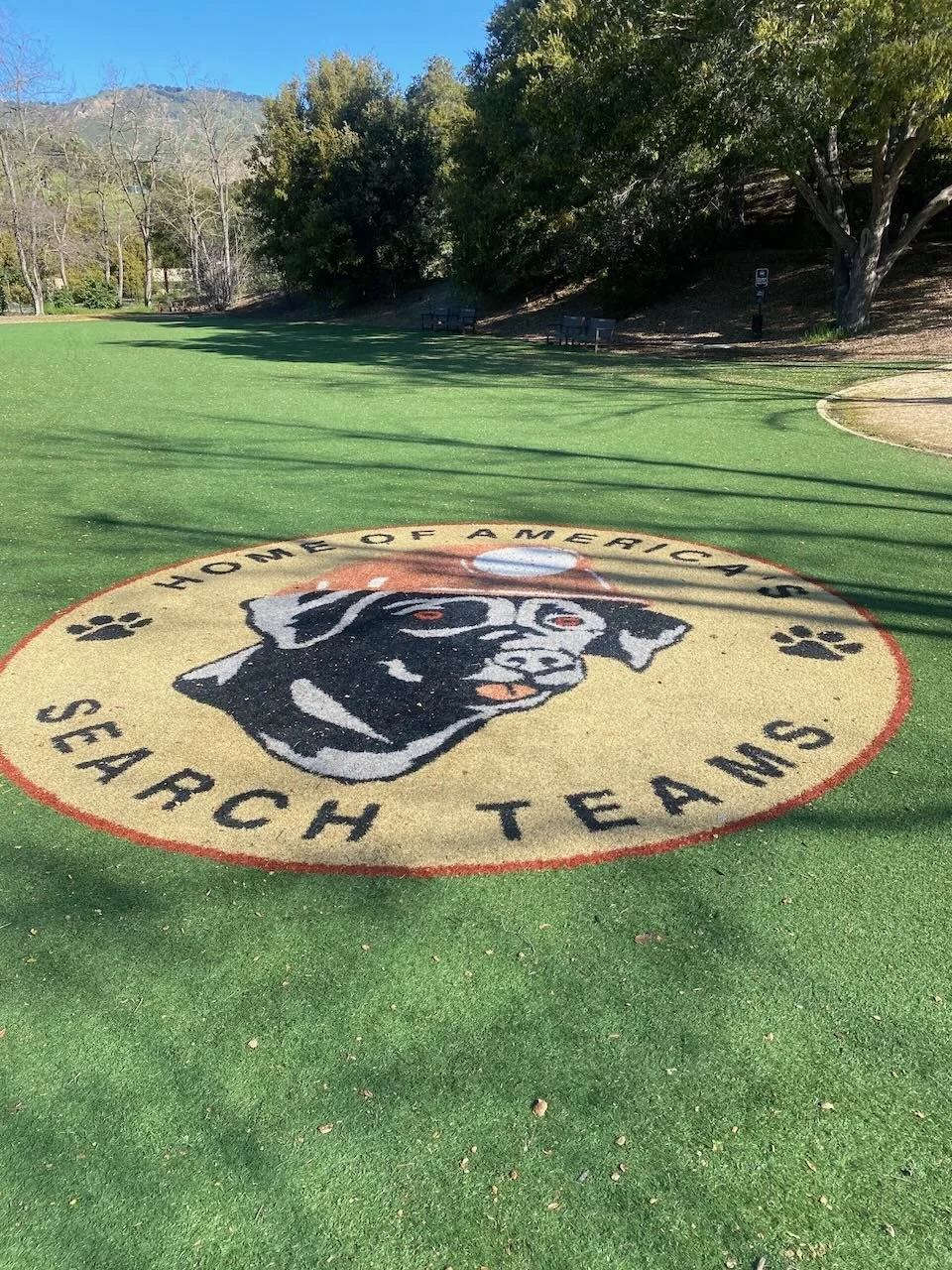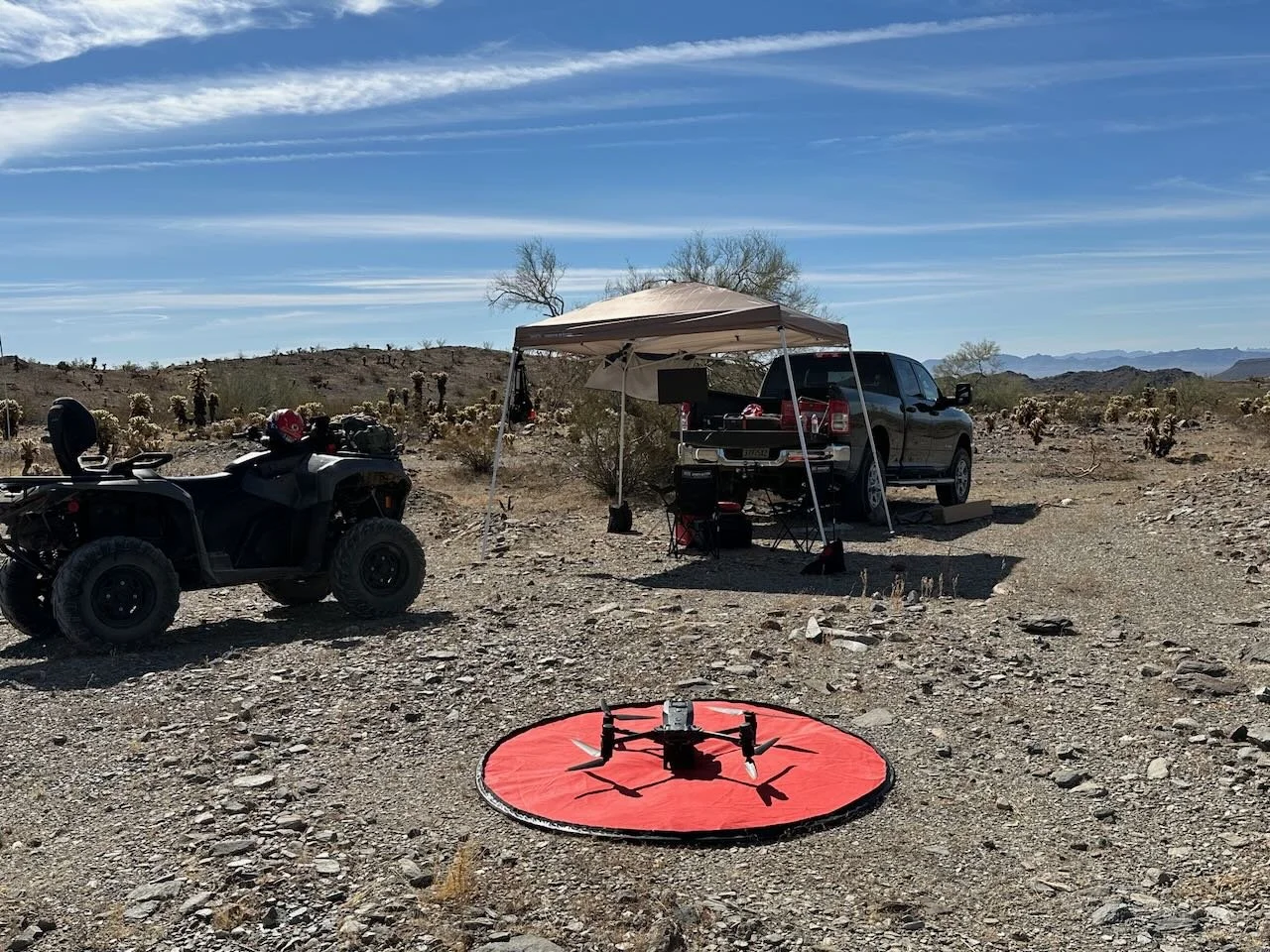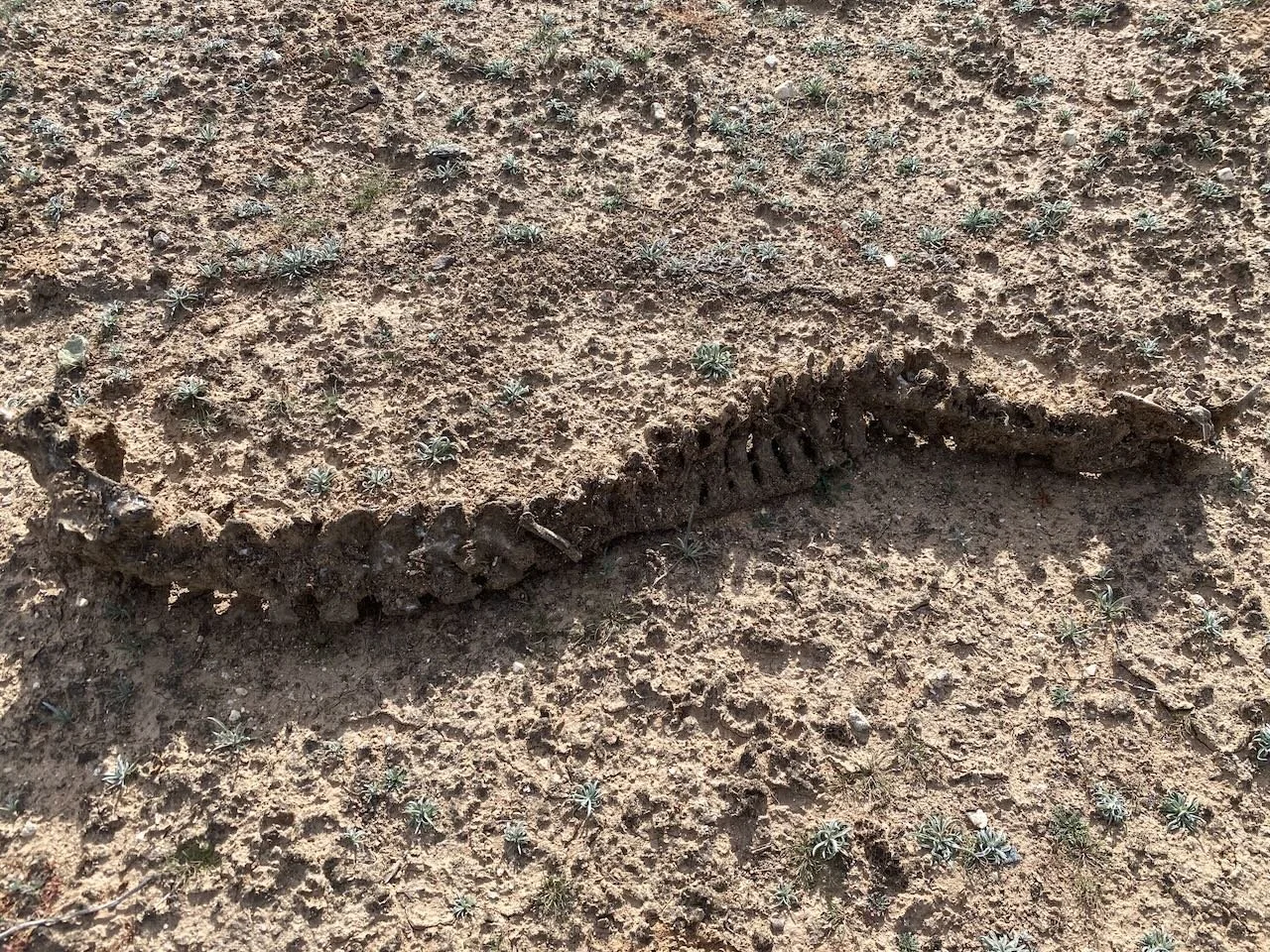Search and recovery: Human remains detection and recovery
When the Search Ends, We Keep Going: The Vital Role of Private Human Remains Recovery Teams
When a person goes missing, time is of the essence, and traditional search and rescue (SAR) teams are often the first to respond. These official teams do extraordinary work under immense pressure, often deploying with minimal notice, limited resources, and a singular goal: to locate and rescue someone believed to still be alive.
But what happens when the official search stands down?
What happens when it’s no longer considered a “rescue,” but a recovery?
K9 Search Dog Foundation
At Search Investigations, we specialize in exactly that: helping families find answers long after the traditional efforts have ended. Our Human Remains Recovery services are designed to bring closure, whether it’s been ten days or ten years.
(read about our team leader Steve Fischer)
Why Traditional SAR Has Limits
Official SAR efforts are typically focused on saving lives, not recovering remains. This isn’t due to a lack of compassion or effort, it’s a function of how these teams are structured and funded.
Most traditional SAR teams:
Are volunteer-based, operating under sheriff departments or park agencies
Have limited budgets and must triage their resources
Often stand down after 5–10 days once survivability becomes unlikely
This means if a person is not located in that window, or if it's later determined they likely passed away before the search began, families are left without closure, and no further recovery operations may take place.
That’s where we step in.
The Power of Closure
Grieving a missing loved one is unlike any other kind of loss. The absence of physical remains can prevent family members from:
Holding a proper funeral or memorial
Gaining legal or financial closure (e.g., death certificates, probate)
Fully beginning the emotional process of grieving
As a private investigation and search team with deep expertise in missing persons and forensic recovery, we approach these cases with urgency, professionalism, and empathy.
Arizona Desert Human Remains Search and Recovery
How Private search and Recovery Teams Work
Our role is not to replace law enforcement, it’s to supplement and extend the search when traditional resources have been exhausted or limited. Whether it’s been a few weeks or several decades, if there’s a credible theory or an area of probability, we can deploy.
At Search Investigations, we utilize a multi-pronged approach that includes:
1. Scene Analysis & Historical Investigation
Before any boots hit the ground, we conduct a full review of:
Last Known Location (LKL) data
Witness interviews and incident reports
Cell-tower logs and GPS breadcrumbs
Terrain, weather, and survivability models
2. Technology-Enhanced Search
We deploy advanced tools to increase detection probability:
Thermal drones for aerial scans and heat detection
3D terrain modeling to identify viable descent paths or concealment areas
Ground-penetrating radar or magnetometry (where relevant)
Geospatial overlays to assess high-probability zones missed in initial efforts
Underwater ROV’s to search canals, rivers, lakes, retention ponds and other bodies of water
3. Cadaver K9s
Our partnerships with qualified K9 handlers bring human remains detection dogs into the field—one of the most effective tools for long-term recoveries.
These dogs are trained to detect scent molecules associated with decomposition, even if the remains are buried or years old.
Human Remains Detection Cadaver K9 at Work on a Search
4. Search Coordination and Execution
Unlike public agencies bound by jurisdiction, we operate cross-state and across timelines. Whether we’re coordinating 5 volunteers or 50, our team executes:
Search theory, planning, and coordination
Evidence flagging and GPS documentation
Secure, respectful handling of found remains
Proper law enforcement notifications and chain-of-custody protocols
When Can You Call a Private Recovery Team?
Anytime.
We have been brought in:
Immediately after the official search ends
Months after a disappearance with new leads
Years later when a family finally gets access to land, documents, or clues
Decades later when skeletal remains are believed to be somewhere still unrecovered
If there’s still an area of probability, no matter how long it’s been, we can help.
Real-World Value: Why Families Hire Us
Families come to us because they’ve been told, “We’ve done all we can.” But they know something more can be done, and they want someone who treats the case like it’s still active.
What we offer is personalized, persistent, professional help. We don’t wait for the phone to ring or a call to dispatch. When you hire us, the mission is clear: find your loved one and bring them home.
Final Word: Hope Isn’t Over
Just because the search has ended doesn’t mean the story has to.
We believe every person deserves to be found, and every family deserves answers.
If you’re looking for a team to bring focus, technology, and a relentless will to recover your missing loved one, visit our Human Remains Recovery Services page or contact us directly.
We’re ready to help, no matter how long it’s been. We can deploy 24/7. Call us today at 1-877-619-9890 or through our contact page.



